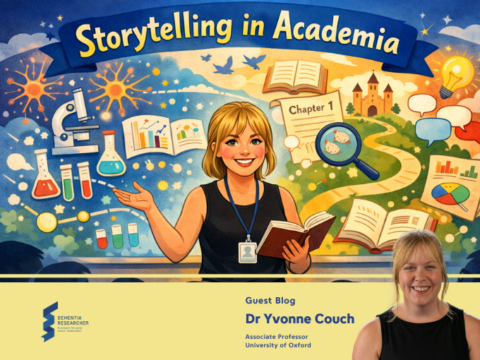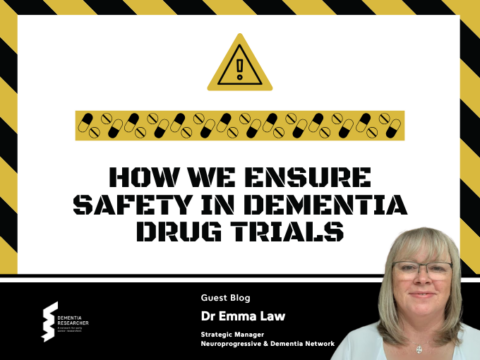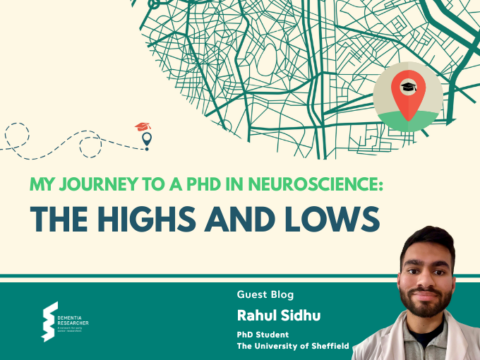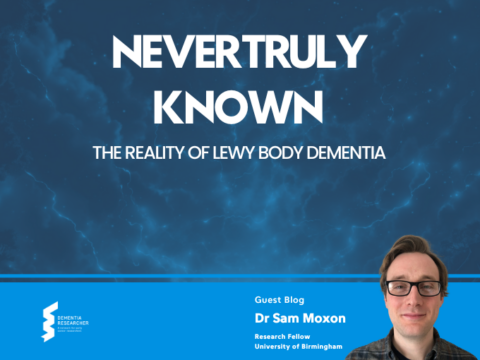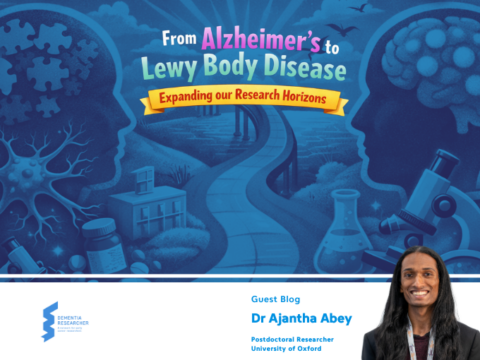Over the past few weeks, I’ve found myself glued to the TV, watching way more sports than I usually would. The Olympics have always been a favourite of mine, especially because they showcase sports you rarely see on television (seriously, how incredible were the speed climbers?). So, this blog is inspired by two weeks of being a dedicated couch potato – living vicariously through athletes while doing exactly the opposite of what they do. Time to turn all that spectating into something productive!
After watching sports people, pundits and trainers give interviews its clear that, the pursuit of excellence comes from perfecting the balance between dedication, discipline, and precision. Olympians spend years honing their craft, not only through rigorous physical training but also through meticulous mental preparation. They are guided by coaches who tailor their training regimes, nutrition plans, and recovery strategies to ensure they are performing at their peak when it matters most. This holistic approach to performance management raises an intriguing question: Could this model be applied to dementia research, where the stakes are just as high but the game is played in laboratories, hospitals, and academic institutions?
I should add that I am NOT the first to think this! Race Against Dementia (RAD) has been partnered with performance coaching company Hintsa for many years. RAD Fellows receive coaching from some of the exact same people who provide performance coaching to F1 drivers (over the past eleven seasons, 96% of all F1 races have been won by a Hintsa-supported driver).
On this website you will find dozens of articles talking about the importance of mentoring. Mentoring is great and essential for long-term career and personal development helping to bring guidance and wisdom. But performance coaching is very different! When did you last feel, physically and emotionally 100%? Have you had a complete week, in the last year, when you turned up to work every day, feeling well rested, healthy, positive, happy and motivated? (I actually hope some of you have, and perhaps this is just me projecting my own issues).
The Science of Human Performance
At the core of an elite sport’s persons success is the understanding that performance is multifaceted. Physical fitness is just one piece of the puzzle; mental acuity, emotional resilience, and a well-balanced life are equally critical. Olympians engage in cognitive training, mindfulness practices, and psychological resilience-building, recognising that the mind and body are interconnected, and that optimal performance requires a harmonious balance (as a brain expert, I doubt this comes as a surprise to you – but it is worth a reminder).
For early career dementia researchers, the analogy is striking. While the lab bench or the qualitative research interview might seem far removed from the Olympic track, the demands placed on the mind and body are not dissimilar. Research is a cognitively demanding task that requires sustained focus, creativity, and problem-solving under pressure. Like athletes, researchers need to be at the top of their game, day in and day out.
Now… I know what some of my more cynical readers (you know who you are) are going to say “Well it’s hard when the academic system is constantly fighting against me”. Yes, you’re right the rules in academia, are perhaps not quite as fair of the rules around running 100m. But hear me out.
Performance Coaching in Research
What if we approached research with the same level of intentionality and support that sports people receive? Imagine a world where early career researchers had access to performance coaches who could guide them not just in their scientific inquiries but also in their overall well-being. These coaches could help researchers develop personalised strategies for maintaining their physical health, managing stress, and fostering the mental clarity needed to tackle the complexities of dementia research.
Such an approach could include several key components:
- Physical Fitness: Regular physical activity is known to enhance cognitive function, reduce stress, and improve mood—all of which are crucial for sustaining long-term research productivity. Incorporating structured exercise into daily routines could help researchers maintain the stamina needed for intense periods of work.
- Mental Resilience: Just as athletes train their minds to cope with the pressures of competition, researchers could benefit from psychological skills training. Techniques such as mindfulness, cognitive-behavioural strategies, and resilience training could help mitigate the effects of burnout, which is prevalent in the high-stakes environment of dementia research.
- Sleep: Sleep is arguably one of the most critical, yet often neglected, components of both physical and cognitive performance. In elite sports, sleep is recognised as a cornerstone of recovery, enabling athletes to repair their bodies and consolidate the learning from their training. Similarly, for researchers, adequate sleep is essential for memory consolidation, creative thinking, and emotional regulation. Prioritising quality sleep can lead to improved problem-solving abilities and greater productivity in research tasks.
- Learning and Continuous Development: Just as athletes continually refine their techniques and strategies through ongoing training and feedback, researchers benefit from a commitment to lifelong learning. Staying abreast of the latest developments in dementia research, engaging in interdisciplinary collaborations, and seeking out new methodologies can enhance a researcher’s effectiveness. Performance coaching could incorporate strategies for efficient learning, helping researchers to assimilate new information quickly and apply it effectively in their work.
- Recovery and Rest: In sports, recovery is as important as training. The same principle applies to research. Ensuring that researchers have adequate downtime to recharge, coupled with strategies for effective sleep and stress management, could enhance their ability to perform at their best.
- Nutritional Guidance: Diet plays a critical role in both physical and cognitive performance. Tailored nutritional advice could help researchers optimise their brain function, energy levels, and overall health, supporting sustained cognitive performance during long research hours.
- Goal Setting and Motivation: Performance coaching could also involve setting clear, achievable goals that align with researchers’ long-term aspirations. This could help maintain motivation and focus, ensuring that researchers remain engaged and driven even when faced with the inevitable setbacks that occur in the research process.
The Broader Impact
Beyond individual benefits, adopting a performance coaching model in dementia research could have broader implications for the culture of research itself. A shift towards prioritising researcher well-being could lead to more sustainable careers, reduced burnout, and greater innovation. As researchers become more resilient and engaged, the quality and impact of their work could be significantly enhanced, accelerating the pace at which we can address the urgent challenge of dementia.
The Future of Research Performance
The Olympic Games offer valuable lessons for dementia researchers at all stages of their careers. Start thinking of yourself as an Olympian! By adopting a holistic approach to performance management, you can enhance both your physical and mental well-being, ensuring you’re equipped to meet the demands of your work. Just as athletes rely on coaches to guide them to victory, researchers too can benefit from tailored support to navigate the challenges of their field.
I’m going to explore ways that Dementia Researcher can push to get you this practical support. Sure, we can publish blogs, record podcasts and talk about how you could be your own ‘performance coach’, however I think if every researcher had a mentor and coach, something magic could happen.
In the meantime, don’t wait for someone to tell you what you need to do, get some rest, drink lots of water, eat well, set some goals – let’s get you on the podium.
Dan Sims from Hinsta delivered a presentation about his work on coaching,

Adam Smith
Author
Adam Smith was born in the north, a long time ago. He wanted to write books, but ended up working in the NHS, and at the Department of Health. He is now Programme Director at University College London (which probably sounds more important than it is – his words). He has led a number of initiatives to improve dementia research (including this website, Join Dementia Research & ENRICH), as well as pursuing his own research interests. In his spare time, he grows vegetables, builds Lego, likes rockets & spends most of his time drinking too much coffee and squeezing technology into his house.

 Print This Post
Print This Post
